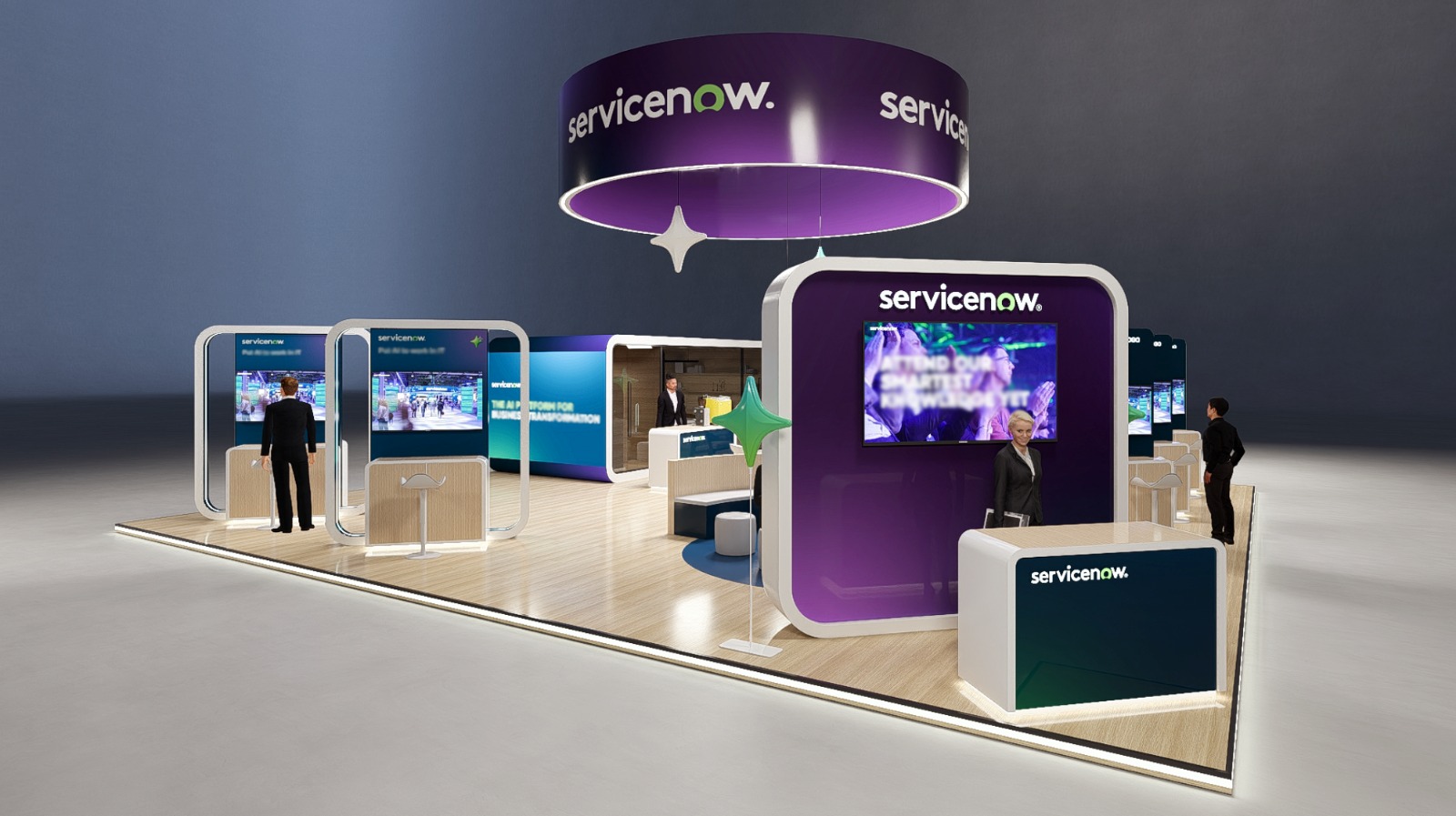Interview: Unlocking Financial Inclusion Through MENA’s Fintech Growth

As CEO of BKN301, Stiven Muccioli oversees the company’s role in developing Banking-as-a-Service solutions. In this interview, he discusses the growth of fintech in the MENA region, the use of AI in payment systems and compliance, and the challenges of addressing financial inclusion. Muccioli also reflects on the strategies fintech companies need to adopt to meet changing regulatory demands and support the region’s economic goals.
1. What role do you see fintech companies playing in helping the MENA region?
According to a recent study, the MENA Fintech Market is expected to grow at a compound annual growth rate (CAGR) of 9.71 per cent from 2024 to 2029, up from an estimated USD 1.51 billion in 2024 to an astounding USD 2.40 billion by 2029. Countries like Saudi Arabia, Bahrain, Egypt, Qatar, and the United Arab Emirates have emerged as major hubs for fintech funding, accounting for 99 per cent of all investments in the region.
Despite this growth, a large portion of the MENA region remains unbanked, signaling the critical need for advanced fintech services. By offering affordable, easily accessible solutions like digital payments, mobile wallets, and microloans, fintech companies can fill major financial gaps. These instruments bridge the divide between the demand and supply of financial services by enabling the underserved and unbanked population to engage in the formal economy.
Notably, fintechs are not just meeting the demands of a technologically savvy population but are also stimulating economic growth through improving payment systems, encouraging international trade, and stimulating innovation. By lowering the reliance on cash and implementing secure, easy digital payment methods, fintech providers have the capacity to promote increased transparency, lower fraud, and raise financial literacy in the region, especially in light of the growing adoption of advanced technologies like artificial intelligence.
Additionally, the cooperation with regulators and governments ensures that fintech developments contribute to national financial inclusion plans, opening the door for greater economic integration.
2. In your opinion, what strategies should fintech companies adopt to stay ahead of the competition in an ever-evolving market like MENA?
At the moment, I would definitely vote for artificial intelligence (AI). The benefits of AI are all around us – enhanced customer service, improved cybersecurity measures, predictive analytics for market trends, and more, all helping us stay competitive in the market. It is projected that the use of AI in the fintech market will increase at a surprising rate between 2024 and 2032. Incorporating AI into our cutting-edge BaaS Orchestrator platform is part of our new strategy for the coming year.
Our BKN301 BaaS Orchestrator platform is designed for traditional banks, fintech, neobanks, and digital banks, providing advanced features such as core banking, payment processing, digital wallet and card issuing, API decoupling, cross-border services, and open banking.
With AI integrated, the platform will now have advanced capabilities for financial data analysis, predictive modelling, open banking integration and real-time categorization. Moreover, establishing strategic partnerships, investing in talent, and exploring new strategies in other important markets are all ways to maintain competitiveness and foster long-term growth.
3. What do you think has driven the rapid adoption of new payment methods in the MENA region, and how can fintech companies continue to support this shift?
The rapid adoption of new payment methods can be attributed to a number of factors, including a generally tech-savvy population, the rise in online shopping, demand for a well-rounded customer experience, and easy payment methods. Digital payments were expanding quickly even prior to the pandemic.
For instance, between 2014 and 2019, the UAE’s consumer digital payment transactions increased at a rate of over 9 per cent annually, while the average annual growth in Europe was between 4 and 5 per cent. Additionally, Saudi Arabia saw a phenomenal increase in card payments – more than 70 per cent – between February 2019 and January 2020. The growth in MENA region was accelerated in the years after the pandemic by a direct shift to online payment models, which made it necessary for businesses to quickly adapt and remain competitive.
This, in turn, gave us fintech companies the chance to develop platforms that would help businesses operate more efficiently by utilizing cutting-edge payment methods. In order to continue developing solutions that can further advance the sector, fintech companies must remain more vigilant than ever in order to comprehend the rapid changes in consumer behavior and embrace new business strategies to keep pace with the shifting landscape.
4. How is AI-powered data analysis revolutionising the financial landscape, particularly in the areas of KYC and AML, and what are the challenges in implementing these technologies?
As previously stated, AI is beginning to revolutionize the fintech industry, and businesses need to embrace this as soon as possible. AI and machine learning are transforming KYC procedures in a number of important areas – especially automated data analysis and fraud detection – where AI systems can analyze vast amounts of data to identify fraudulent activities and suspicious transactions. Additionally, financial institutions can greatly improve their capacity to identify and stop money laundering activities by leveraging AI technologies.
When we come to the challenges, yes, it can be difficult to integrate AI into finance data analysis due to challenges like the complexity of AI models and businesses still understanding its functions, biases in data and algorithms, and data consistency and quality. However, these AI problems can be resolved with AI itself. For instance, maintaining data quality can be one of the most difficult tasks and AI systems primarily require a large amount of high-quality data to function properly. In this case, the challenge can be addressed with the help of cloud-based or centralized storage systems, or AI algorithms that can detect patterns, identify anomalies, and suggest corrections.
5. What factors should fintech companies consider when designing payment solutions with a focus on enhancing customer experience in the MENA region?
It is crucial to implement robust security measures, quick payments, easy navigation systems, excellent customer support, personalized services and more, when it comes to supporting customers. However, when it comes to businesses, it is essential to adopt AI-powered fraud detection systems to safeguard them against fraud and cyberattacks, use strong APIs that allow businesses to embed and customize payment functionalities, and ensure compliance with country-specific regulations.
This can be supplemented with dashboards that provide real-time insights into transaction volumes, revenue, and customer behavior. Ultimately, making use of AI, blockchain, and other advanced technologies appears to be the primary strategy for staying ahead in this dynamic sector.
6. Can you discuss some of the most innovative features of the BKN301 BaaS Orchestrator platform?
We are a Banking-as-a-Service technology provider dedicated to empowering the financial industry with the innovative and scalable BKN301 BaaS Orchestrator platform. Along with seamless integration with third-party systems, this all-inclusive solution provides features like core banking, payment processing, digital wallet and card issuance, API decoupling, and cross-border services among others. By rethinking the BaaS methodology, we make it possible for traditional banks, fintechs, neobanks, and digital banks—including blockchain banking and token platforms—to easily incorporate safe and scalable solutions into their products, , thereby driving growth and facilitating market expansion.
7. Looking ahead, how do you envision fintech companies changing in the MENA region over the next five years to meet the changing demands of both customers and regulatory frameworks?
Given the importance placed on a digital future and digital strategies throughout the GCC, and MENA region, we may see a significant increase in financial literacy within the next five years. More than half of the population could use digital wallets, especially as peer-to-peer payments become more popular. Central bank digital currencies (CBDCs) have the potential to become mainstream, enabling peer-to-peer transactions without the need for intermediaries such as banks. Perhaps even the emergence of virtual economies with their own financial systems and currencies will be imminent.








